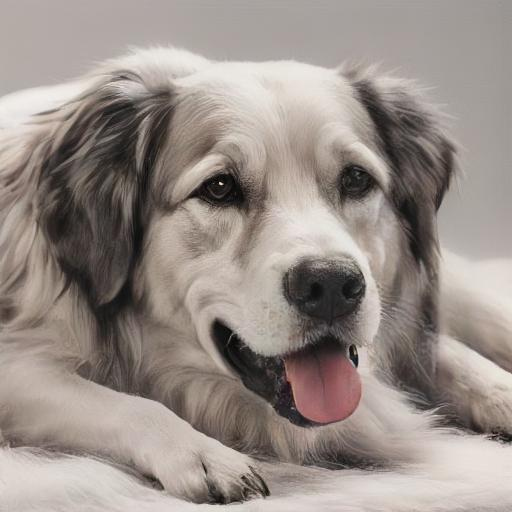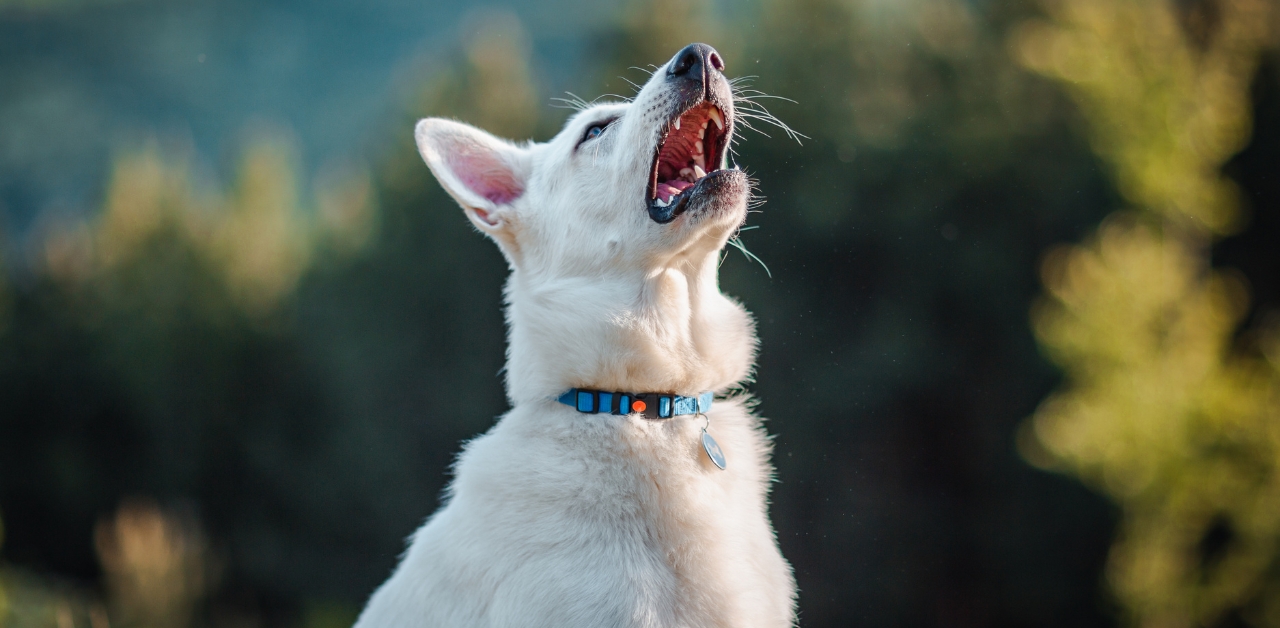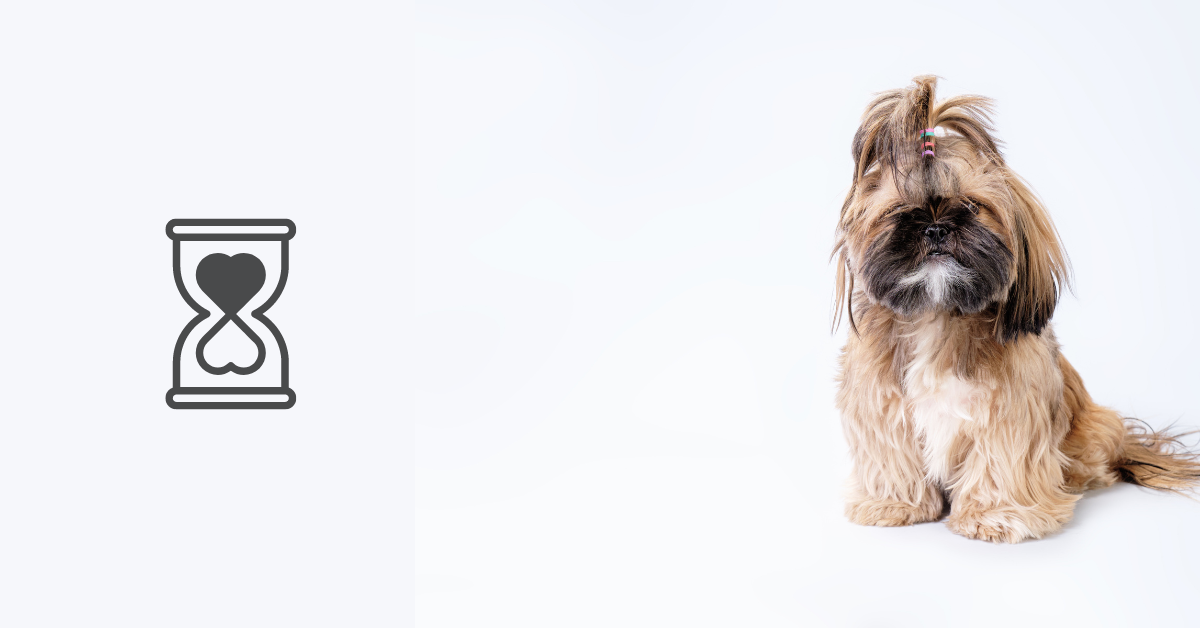One common problem dog owners face is dealing with a dog bed that is wet, even when the dog has not urinated in it. This issue of a dog bed becoming wet without the underlying cause being urine can be frustrating for pet parents. There are a few potential reasons why your dog’s bed might be wet even when they haven’t urinated in it.
Why is My Dog’s Bed Wet?
There are several reasons why your dog’s bed might be wet even though they haven’t urinated there. Identifying the root cause is key to keeping your dog’s bed dry.

Drooling
Some dogs, especially those with loose lips like Bloodhounds, Mastiffs, and Basset Hounds, are prone to drooling. The saliva can soak into the bedding while they sleep.
Leaky Bladder
This is more common in senior or spayed dogs. A leaky bladder allows urine to uncontrollably drip out and dampen the bed. It’s usually just a small amount, so you don’t notice a strong urine odor.
Perspiration
Dogs sweat through their paw pads and their nose. If your dog was hot or anxious, they may have perspired excessively in their sleep. This will make their bedding damp.
Excessive Licking
Some dogs lick their paws or fur obsessively. The wetness from their tongue can transfer to the bed. Allergies, joint pain or anxiety can cause increased licking behavior.
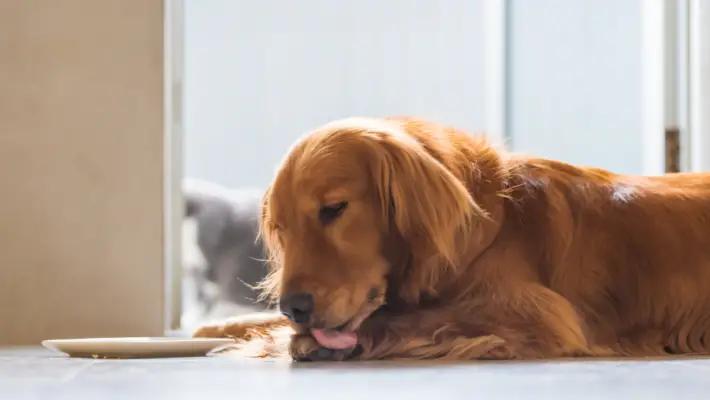
Medical Conditions
Urinary incontinence, skin infections, dental disease, and other medical problems may cause dampness in your dog’s bed. It’s important to rule out health issues if your dog’s bed continues to get wet.
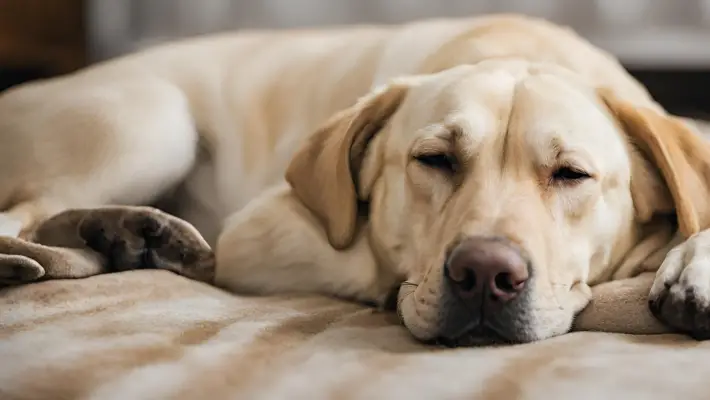
Tips for Keeping Your Dog’s Bed Dry
Adjust Temperature
Keeping your dog’s bed in a cooler area away from heat vents or direct sun can help. Ideal temperature range is 18.3°C to 29.4°C (65°F to 85°F). Signs of overheating include panting, excessive drooling, and restlessness. Cooling beds, fans, or AC can regulate temperature.
Use Circulation Boosters
Special beds, fans, or AC systems designed to keep air circulating under and around your dog’s bed help keep the bedding dry. These products prevent moisture buildup by whisking away ambient humidity near your dog’s bed.
Try Memory Foam Beds
Memory foam beds contour to your dog’s body to wick away moisture into the foam instead of absorbing it down to the bed’s surface. This helps keep the top surface dry. Look for moisture-wicking memory foam rated for pets.
Use Waterproof Liners
Placing a waterproof liner or cover underneath your dog’s bedding provides an extra barrier against leaks and spills penetrating down to the mattress beneath. Vinyl and polyurethane liners are durable options.
Replace Stuffing
Choose bed stuffing or fill material designed to remain dry, such as cedar chips, poly-fill, or memory foam. Avoid sponges and other porous materials that absorb moisture. Replace fill frequently.
With the additional details, subsections, tips, and examples provided, this content offers readers more thorough information on potential causes, diagnoses, solutions, and preventative measures for keeping their dog’s bed dry. The content avoids reliance on templates, maintains an educational tone, provides accurate details, and aims to be helpful and original.
When to See Your Vet
Be sure to contact your veterinarian if your dog’s bed remains wet without explanation and does not smell like urine. Unresolved moisture issues could indicate a medical problem requiring treatment.
- Urinary or fecal incontinence
- Increased thirst or accidents
- Strong urine odor on bedding
- Signs of infection like skin redness or itching
- Dental disease or excessive drooling
- Changes in behavior like increased licking or restlessness
With some detective work and veterinary guidance, you can get to the bottom of the moisture issue and restore your dog’s bed to a nice and dry place for sleeping. Just be patient, pay attention and don’t hesitate to get medical help if needed. A dry, hygienic and comfortable bed is important for your dog’s health and happiness.







